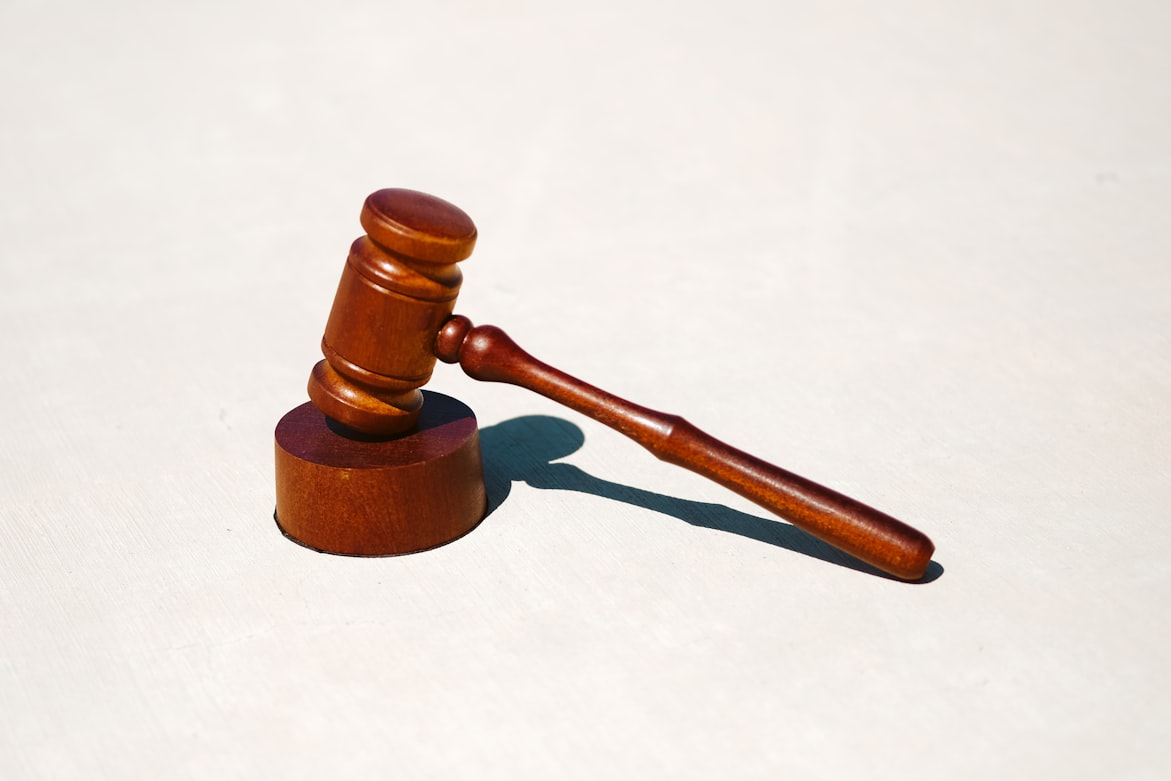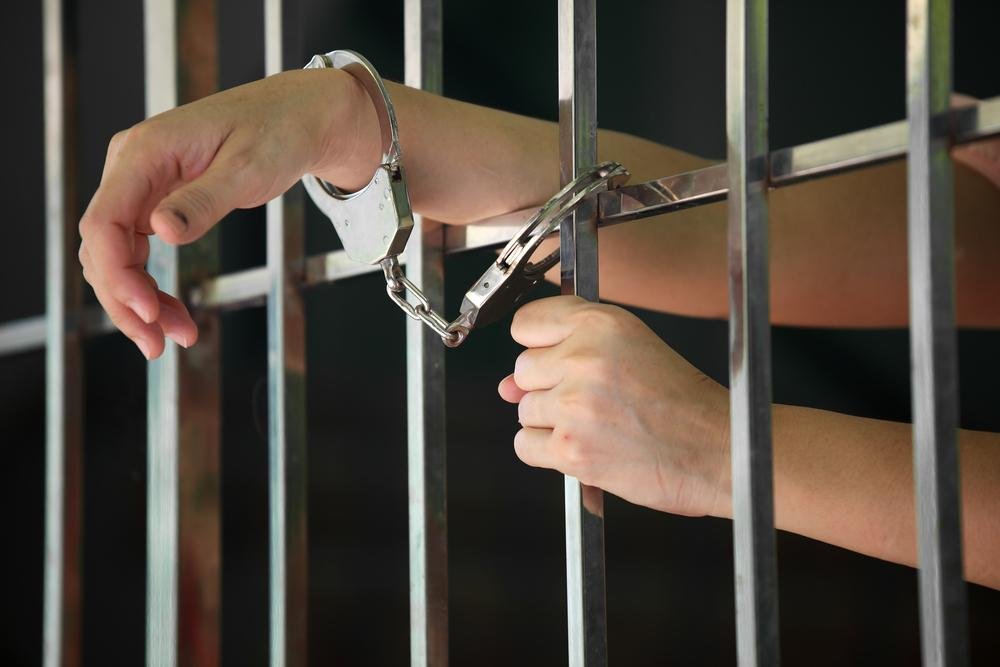DEALING WITH MITIGATION PLEA IN SINGAPORE
[7 Factors You Should Know]
Mitigation pleas are extremely important, as they can often mean the difference between jail time or achieving lenient sentences of your guilty plea for a criminal offence. It is a dire situation that could lead to prison time and a criminal record.
As some of the best Criminal Defence lawyers, we defend and represent individuals and corporate entities accused of committing general and regulatory offences as well as complex corporate and commercial crimes in Singapore.
We have years of experience in crafting mitigation pleas in Singapore that get results.
Contact us today for a free consultation.
WHAT IS A MITIGATION PLEA IN SINGAPORE?
A mitigation plea is a request made by you (the defendant) to explain (in the form of an oral or written statement) to the Judge the circumstances of the offence that you have been found guilty and convicted for.
The Court can then arrive at an appropriate sentence/lighter sentence to reduce the severity of the punishment imposed on you. You can either legally represent yourself or have a Criminal Defence lawyer who is well versed with matters in mitigation and mitigation factors.
The purpose of your mitigation plea (known as a plea in mitigation) is to convey relevant mitigating factors designed to help the Judge arrive at a fair, justified and lighter sentence.
Mitigating factors can include reasons, facts or circumstances which seek to persuade the Judge to exercise leniency or explain why your punishment should be less severe.
The relevant factors may include the criminal offence’s unique circumstances or situation. You may plead guilty or be found guilty by the Court. Regardless of the outcome, you have the right to make a plea in mitigation before the Court passes a sentence.
7 FACTORS CONSIDERED FOR A MITIGATION PLEA IN SINGAPORE

You should include mitigating factors for your mitigation plea in Singapore. These could be facts and circumstances of the case that would convince the Judge to give you a lighter sentence. You should only consider factors that apply to your case. Some common mitigating factors include:
1. Your Age
If you are under 21 years old, the Courts may be more lenient than if you were older by considering sentences that focus on your rehabilitation instead of punishing you for the criminal offence committed.
2. Facts Relating To The Circumstances Of The Crime

The Courts may consider other circumstances that are related to the crime committed. Here are some circumstances the Courts may check:
- Do you play a minor role in the commission of the crime?
- Are you a first-time offender? (The Court may consider your criminal history (if any) or other previous convictions before deciding on the sentencing process.)
- Was the crime committed in the heat of the moment? Was there any premeditation involved?
- Did you commit the crime because you were commissioned or provoked into doing so?
- Did the criminal offence which was committed, deprive someone’s property or cause some harm to a person intentionally?
3. Restitution
The Court will consider the efforts you have made to reduce or compensate for the harm caused to the victim. Compensation for the medical expenses incurred by the victim is called restitution, which is a mitigating factor for a plea during mitigation.
4. Rehabilitation
The Courts will also assess your chances for rehabilitation – in other words, showing or proving to the Court that you will not commit a crime again in the future is very helpful for a plea during mitigation. The Singapore Courts may look into your circumstances, such as
- Your family background, educational and professional achievements and career history; and
- Evidence that pertains specifically to your character.
5. Degree Of Co-Operation
This would include, among others, the following factors:
- Whether you had pleaded guilty to the criminal offence early because you were remorseful for committing it;
- Whether you have cooperated willingly & sufficiently with the police to mitigate the effects of the crime you have committed. For example, you are assisting the police with ongoing or previous investigations or surrendering yourself voluntarily to the police.
6. Degree Of Involvement In Crime

The Court may consider the degree of your involvement when deciding whether to impose a prison sentence. For example, if you were just an accessory after the fact, the Court may be less likely to give you a long sentence. Some scenarios are:
- How much do you benefit from the criminal offence committed?
- The extent of your involvement in the commission of the crime.
- If any extraneous reasons and pressures were causing you to break the law, then they should be taken into account when determining whether you’re guilty of the crime.
- Whether serious harm was done to others.
- Whether you were instructed by someone else to commit the crime.
- Whether you had initially planned to commit the criminal offence beforehand.
- Whether you were provoked into committing the criminal offence.
7. Psychiatric Illness

You may also demonstrate that you had a mental illness that contributed to you committing the criminal offence. The Court may consider whether your mental condition contributed to the commission of the crime in determining whether you are fit to plead or stand trial. If you are relying upon this factor in your mitigation request, then you will need to submit evidence to prove all of the items listed below:
- You are suffering from an illness or mental condition (in the form of official medical certification).
- Your mental state was a contributing factor to the commission of the crime.
WHY YOU NEED A LAWYER FOR MITIGATION PLEAS IN SINGAPORE
Whilst it is ultimately your decision whether to enter into a plea bargain or to claim trial, you are strongly encouraged to be represented by a competent and capable Criminal Defence lawyer during the plea negotiations process.
It ensures you are properly advised on whether the Prosecution’s proposal or offer is reasonable.
Some aspects of the plea bargaining process can also only be conducted with the assistance of a lawyer, such as CCMS discussions and CCR conferences, which occur between defence lawyers and prosecuting officers.
You won’t be entitled to participate in the process if you are unrepresented.
Conclusion About Mitigation Plea In Singapore
A well-prepared mitigation plea in Singapore can significantly influence the outcome of a criminal case. By providing comprehensive details about your personal circumstances and the specifics of the offence, you can help the Court understand your situation better and potentially receive a lighter sentence.
Engaging a skilled Criminal Defence lawyer to craft your mitigation plea is essential to ensure all relevant factors are effectively presented.
Let Tembusu Law find the best solution for your unique situation. If you would like to understand more about mitigation pleas in Singapore and how the issues discussed in this article may affect you, get in touch with our lawyers today.
FREQUENTLY ASKED QUESTIONS ABOUT MITIGATION PLEA IN SINGAPORE
Can A Mitigation Plea Be Prepared In Different Languages?
In Singapore, the mitigation plea prepared by the Criminal Defence lawyer will always be in English. An interpreter will be provided to interpret your mitigation plea for the Court’s understanding if you wish to plead your mitigation plea in another dialect orally.
What Are Not Accepted As Mitigating Factors For Including In Your Mitigation Plea In Singapore?
The Singapore Courts have also ruled that certain factors cannot be considered mitigating factors. For example, committing an act of violence because of financial hardship will usually not be regarded as a mitigating circumstance unless there are exceptional circumstances that would justify the commission of the act of violence.
Even if the imprisonment sentence is short, financial hardship to the offender’s family does not carry much weight as a mitigating factor in sentencing. Because it is unlikely that the family will suffer more than they had if the offender has not committed the crime. Similarly, a person’s educational qualifications are also not a valid mitigating factor for consideration.
The Singapore Courts will only consider your educational background and other factors, such as your family’s support or a display of regret, to determine whether rehabilitation is viable.
What Happens After The Mitigation Plea In Singapore Is Presented?
After reviewing the mitigating circumstances and the arguments made by the Prosecution concerning the issue, the Judge will impose a sentence against the defendant. When the Judge has decided on the conviction, either party may generally appeal to the High Court in the following circumstances:
- You can file an appeal against the sentence imposed by the Judge if you are dissatisfied with it.
- You may make an application for review if you believe that the sentence imposed was manifestly excessive or was not supported by the facts of the case or the law.
- The Prosecution may appeal against the sentence if they feel that it was manifestly insufficient or not backed by the evidence or the law.
- You must file the formal appeal within ten days from the date of the conviction or sentence.
- The High Court will hear the reasons for any appeal and decide whether they are meritorious and worthy of granting an appeal.
Can I Retract My Guilty Plea During The Mitigation Process?
If you had initially pleaded guilty but at a later point in the process wished to change your mitigation plea (i.e. from pleading guilty to pleading not guilty), the Singapore Courts will not permit such a course of action.
However, it may be permitted in cases whereby, if the accused has managed to show that there are valid and sufficient grounds that satisfy the Court, the accused may then retract the plea, such as providing ample evidence to prove that the earlier plea was invalid/unclear.
If the retraction of the guilty plea is successful, the Court will then send the matter back for trial.











